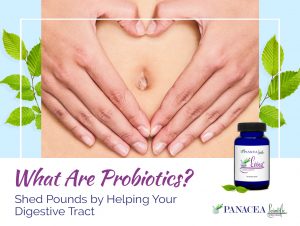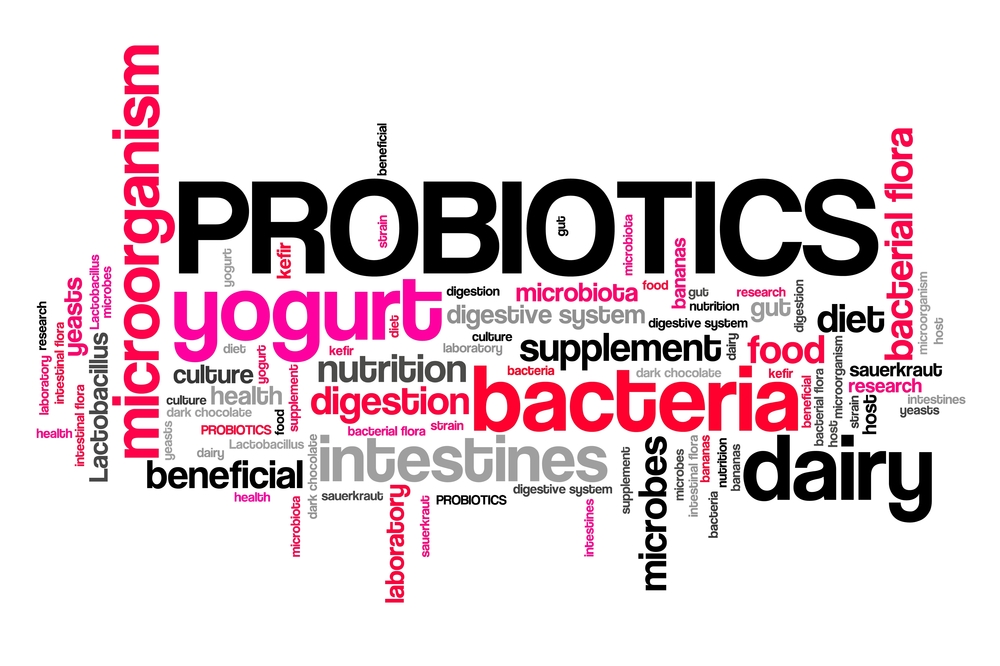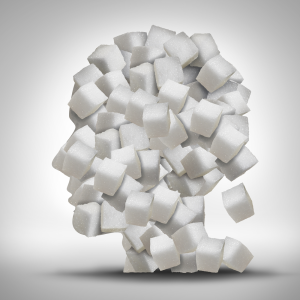
What Are Probiotics? Shed Pounds by Helping Your Digestive Tract
What are Probiotics? Probiotics are the good bacteria that already live in your intestinal tract. You may not realize it, but there are more beneficial

IBS affects over 49 million Americans each year. Even more Americans suffer from other stomach conditions, such as bloating and gas. Fortunately, probiotics can help. Keep reading to learn more.
IBS, or Irritable Bowel Syndrome, is a chronic disease characteristic of altered bowel habits and severe abdominal pain. Depending on the type of IBS you have, you may also experience bloating, gas, and chronic constipation or diarrhea. This disease is exacerbated by FODMAPs, or types of carbohydrate molecules which your body struggles to digest.
There are four sub-types of IBS, categorized by the most common type of bowel movement. IBS-D is characterized by predominant diarrhea rather than solid stool. IBS-C is characterized by predominant constipation. People who suffer from IBS-M fluctuate between experiencing diarrhea and constipation. IBS-U refers to unspecified IBS. This categorizes people who do not fit into any of the other categories but still suffer from IBS. Finally, there is post-infectious IBS. This occurs when the disease develops after an infection, and it applies to as many as 13 million Americans.
Probiotics are live bacteria and yeast which are found in foods and supplements. These healthy bacteria are very similar to the bacteria found in your gut, known as gut flora. Foods that are high in probiotics include fermented foods, like tempeh, kimchi, yogurt, and sauerkruat. However, the best way to get Bifidobacterium and Lactobacillus in your diet is to take a healthy, all-natural probiotic supplement.
There has been a great deal of research dedicated to investigating how probiotics can manage and treat IBS. It has been shown that people who have IBS have lower levels of healthy gut flora, such as Bifidobacterium and Lactobacillus. At the same time, they have higher levels of harmful bacteria, like Clostridium and Streptococcus and E. coli.
Furthermore, around 84% of people with IBS have an excess of bacteria in their small intestines, which exacerbates their symptoms. Probiotics can improve the symptoms of IBS in the following ways:
Whether it affects only the lower abdomen or the entire abdomen, abdominal pain affects every IBS patient. This pain normally subsides after a BM. There are seven probiotic strains, including L. casei, L. acidophilus, B. lactis, and B. bifidum, are scientifically proven to reduce the frequency and severity of abdominal pain in nearly 65% of IBS patients who took probiotic supplements with these strains.
IBS is also characterized by excess gas production and uncomfortable bloating. In 2016, the British Dietetic Association, or BDA, showed that five probiotic strains – L. plantarum, L. bulgaricus, S. thermophilus, B. lactis, and L. acidophilus reduce gas and abdominal pain.
IBS-D is the second most common form of IBS, affecting approximately 15% of people with Irritable Bowel Syndrome. Research is still ongoing related to how probiotics affect non-infectious causes of diarrhea, such as IBS. However, so far, studies show that Bacillus coagulans and the probiotic yeast Saccharomyces boulardii improve several IBS symptoms, including stool frequency and consistency. These probiotic strains also decrease painful inflammation.
For more information on how probiotics can help with IBS, bloating, gas, and more, contact us today. Here at Panacea Scientific, we are proud to offer Evvea, an all-natural, dairy-free probiotic and prebiotic formulation which will improve the health of your gut and minimize symptoms of Irritable Bowel Syndrome and other stomach conditions.

What are Probiotics? Probiotics are the good bacteria that already live in your intestinal tract. You may not realize it, but there are more beneficial

Perhaps you have received a physician’s recommendation to reduce blood sugar, or maybe you have decided to take this important health step on your own.

Physical and emotional health are more closely intertwined than most people believe. The connection between your body and mind is real, and your physical health plays an

Payment types accepted:
Visa/MC/Discover/ American Express
© Copyright Panacea Scientific 2020. All rights reserved. | Website by Infinite Web Designs